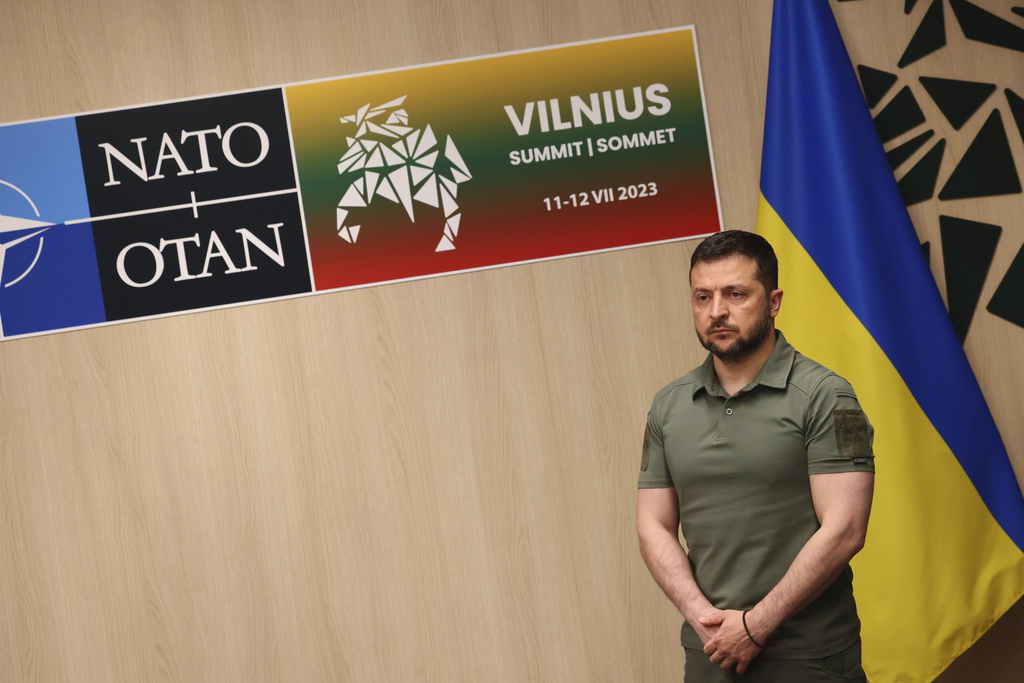The views of the key members of NATO were well known before the Vilnius summit, but that did not stop Ukraine from hoping it would get more. In the end, it was a summit that strengthened NATO and not Ukraine’s position in this war. It looks like Sweden will be admitted as a member soon, and NATO is now demanding rather than recommending that its members spend 2 percent of their GDP on defense.
Poland will be relieved that NATO has agreed to finally take real action regarding deterrence and defense on its eastern flank via the creation of an allied reaction force and by increasing the number of troops ready to defend it from 40,000 to 300,000. It has also decided to shift armaments eastward, support the arms industry, and establish better ammunition reserves.
Russia was clearly defined as the greatest threat, and NATO has also noticed the danger coming from Belarus, with its current stance being acknowledged as a threat to the region. Ukraine was given a waiver from having to jump through the hoops of the Membership Action Plan (MAP) and the NATO-Ukraine Council, but its entry into NATO will depend on it proceeding with democratic reforms and dealing with corruption as well as maintaining the progress it has made on security.
The G7 states have given Ukraine guarantees on military aid, but in reality, the country is not much further than it was after the Budapest Memorandum and the 2008 NATO summit in Bucharest. Its security status is still not defined. The paradox in that is that this may not be bad for Poland and the region of Central and Eastern Europe. NATO will not recognize any annexations of territory made by Russia, and therefore, the war in Ukraine is likely to end with the conflict being frozen and not resolved.
Poland, despite being Ukraine’s neighbor and the hub for military and humanitarian aid, avoids becoming directly involved in a conflict under this scenario. Support for Ukraine makes sense for Poland strategically, but NATO membership will not magically stop Ukraine from being an oligarchic and corrupt state, which finds it hard to meet democratic standards. At the same time, Ukraine is successively weakening Russia’s military and economic potential.
The current friendship between Ukraine and Poland is unlikely to stand the test of time. Ukraine would likely become a rival and orientate itself toward Western European states. Ukrainian agriculture, which has become dominated by Western corporations, could cause Polish agriculture major problems, as the grains saga has shown.
It may be cynical to say, but a protracted Russian-Ukrainian conflict is in Poland’s interests because Ukraine will not be able to compete with Poland economically for some time. It is important to remember, Ukraine has real assets such as cheap labor and energy, as well as a more productive agriculture sector.
This is why the option of Ukraine remaining a candidate for NATO membership rather than a member is better for Poland. Empathy for Ukraine and its people cannot override Polish interests. Poland needs to rearm, transform its energy sector, and make its economy more innovative. Only then will Poland find it comfortable for Ukraine to take its place in NATO and the EU.





